Ever wondered why some people crush their weight loss goals while others struggle? Meal tracking might be the secret weapon.
If you’ve got a smartphone, you’ve got access to tools that can transform how you think about food. But with so many options out there, which meal tracking app actually deserves space on your home screen in 2025?
I’ve done the research (and testing) so you don’t have to. Let’s dive into the apps that are actually worth your time – and how they stack up against each other.

Why Tracking Your Food Actually Works
Let’s get real for a second. You can’t improve what you don’t measure.
Tracking your food does three powerful things:
- Makes you aware of what you’re actually eating (not what you think you’re eating)
- Creates accountability (that extra cookie hits different when you have to log it)
- Helps identify patterns and trigger foods that might be sabotaging your progress
Research consistently shows that people who track their food lose more weight than those who don’t. It’s like having a fitness coach in your pocket – except this one knows exactly what you had for lunch.
The Best Meal Tracking Apps for 2025
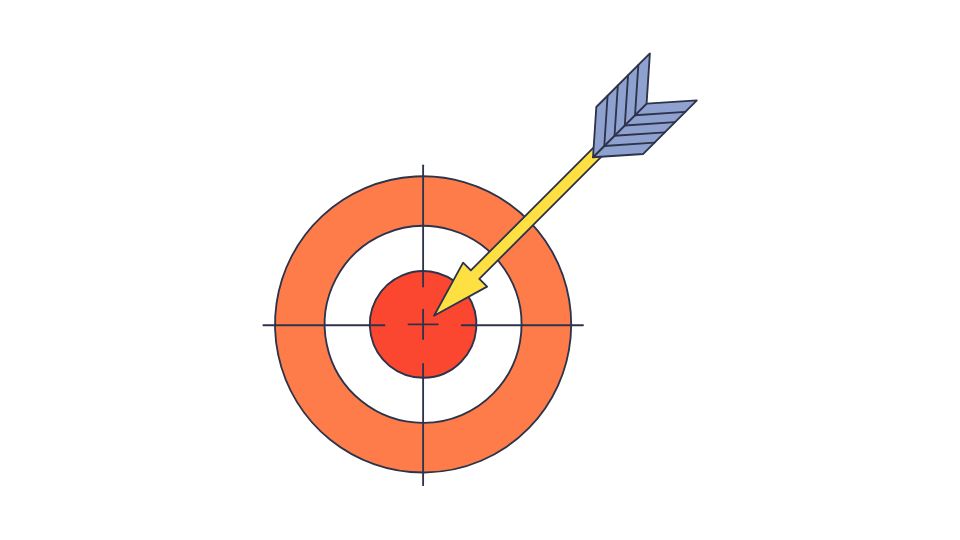
I’ve tested dozens of apps so you don’t have to install them all. Here are the standouts:
1. Lose It!
Lose It! deserves its spot at the top of most lists. With over 56 million foods in its database, this app makes tracking almost frictionless.
What I love:
- Super simple interface that doesn’t make my brain hurt
- The photo recognition feature that identifies your meal from a picture (though it’s not always perfect)
- Barcode scanner that works lightning fast
The free version is solid, but premium ($39.99/year) unlocks meal planning and advanced tracking. If you’re just starting out, this is probably the app I’d recommend first. It strikes the perfect balance between powerful and approachable.
2. MyNetDiary
If data visualization is your thing, MyNetDiary might be your soulmate.
The app’s colorful charts and graphs make nutrition data actually interesting to look at. Its AI meal scanner is surprisingly accurate compared to others I’ve tried.
The standout feature is the weekly personalized weight goals that adjust based on your progress. This dynamic approach feels more supportive than apps with rigid targets.
One nutrition expert found that MyNetDiary users lost 20% more weight than those using other methods. While that’s from their own research, my experience supports that it’s highly effective.
3. MyFitnessPal
The OG of meal tracking apps is still going strong in 2025.
With over 14 million foods in its database, MyFitnessPal rarely leaves you hanging when searching for that obscure snack. It also plays nicely with virtually every fitness tracker on the planet.
The free version is surprisingly robust, but they’ve moved more features behind the premium paywall ($79.99/year) in recent years.
My take: If you’re already using Under Armour fitness products or want the absolute largest food database, MyFitnessPal is still a solid choice. But newer apps have closed the gap significantly.
4. Cronometer
For the nutrition nerds among us, Cronometer is the holy grail.
While most apps track calories and macros, Cronometer tracks up to 84 micronutrients. That means you can see exactly how much vitamin D, magnesium, or zinc you’re getting.
This level of detail can be overwhelming for beginners, but if you’re managing specific health conditions or following a specialized diet, this granular data is invaluable.
The research-backed approach to nutrition tracking makes this the app of choice for many dietitians and health professionals.
5. Noom
Noom isn’t just a tracking app – it’s a psychology-based approach to changing your relationship with food.
While other apps focus on the what, Noom obsesses over the why. It combines tracking with daily lessons, challenges, and coach interaction to help you understand your eating triggers.
The downside? At $59/month, it’s significantly pricier than other options. But for those who’ve tried and failed with traditional tracking, the behavioral approach might be worth the investment.
Text Your Way to Weight Loss: MealByMeal
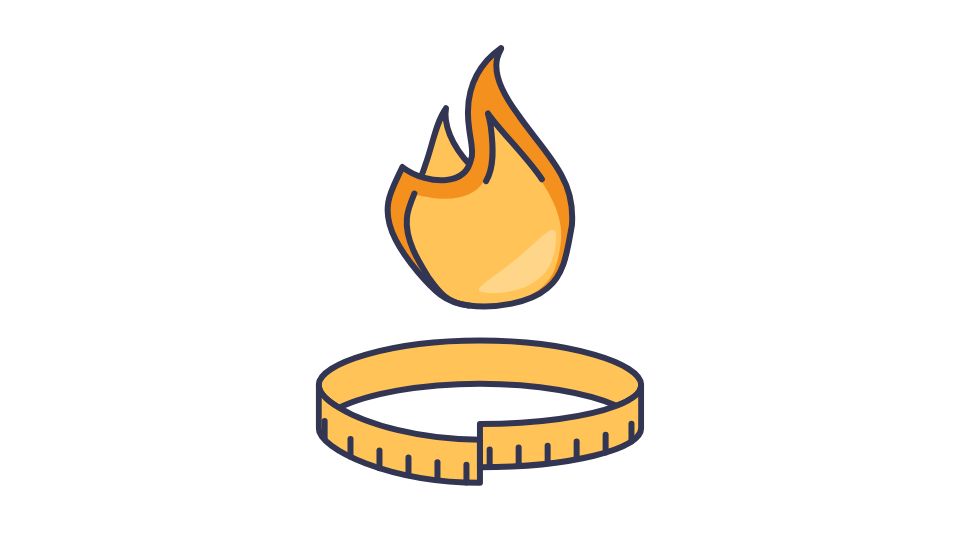
Here’s something completely different: MealByMeal takes meal tracking out of the app entirely and lets you text your meals instead.
The concept is brilliantly simple:
- Text what you ate
- AI figures out the calories and macros
- Get a daily summary of your nutrition
For people who hate opening apps or searching food databases, this friction-free approach might be the game-changer you need. The simplicity means you’re more likely to stick with it long-term.
Is it as accurate as manually weighing and logging every gram? Probably not. But consistency beats perfection every time, and the easiest tracking method is the one you’ll actually use.
How to Choose the Right App for YOU
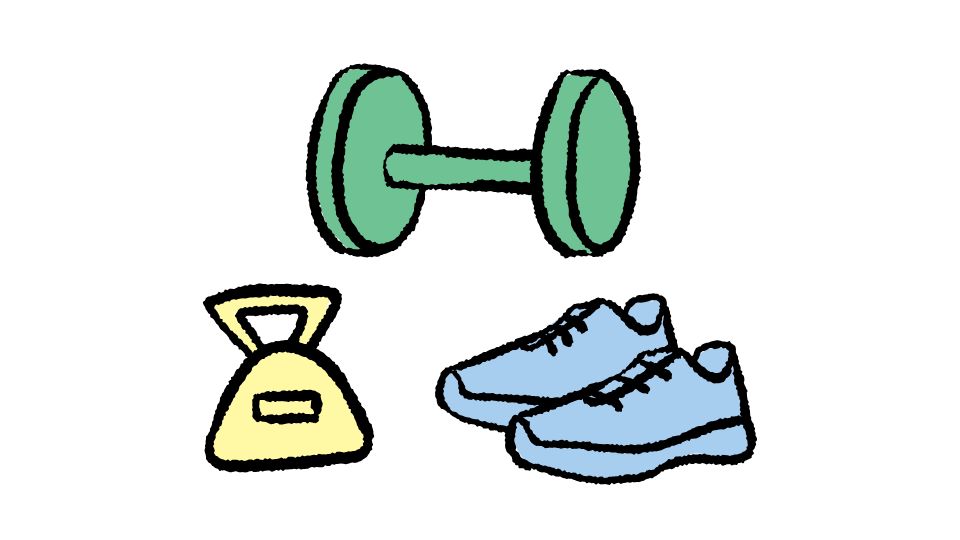
All these apps work, but they work differently. Here’s how to find your match:
- If you’re a beginner: Start with Lose It! or the MealByMeal text approach
- If you’re data-obsessed: Cronometer will feed your number hunger
- If you want behavior change: Noom’s psychology-first approach could be worth the price
- If you have specific health goals: MyNetDiary’s customization is hard to beat
The best app is ultimately the one you’ll actually use consistently. Most offer free trials or versions, so don’t be afraid to experiment before committing.
Beyond Tracking: Making These Apps Work For You
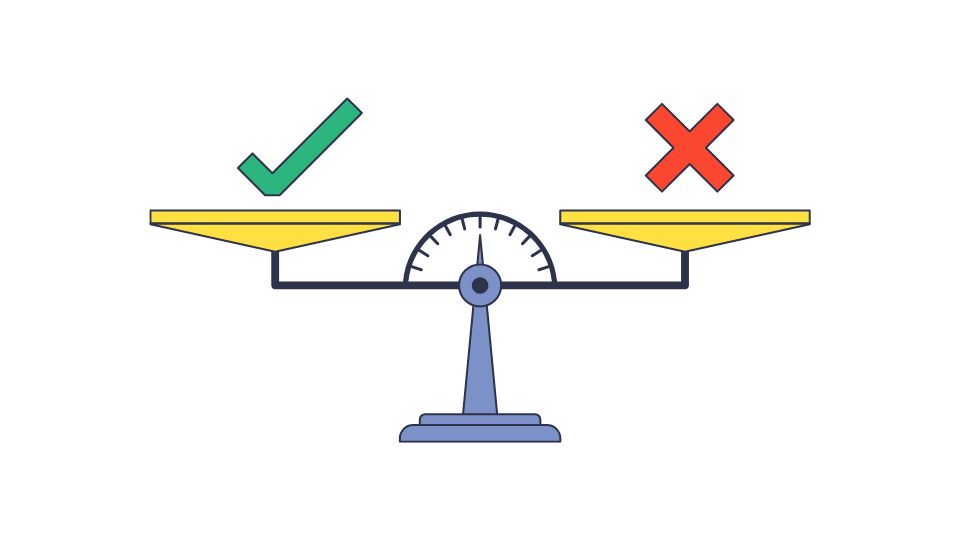
Downloading an app won’t magically make pounds disappear. Here’s how to maximize your success:
- Be honest – that “little taste” while cooking still counts
- Pre-log your day when possible – planning ahead leads to better choices
- Focus on patterns, not perfect days – one cookie won’t ruin your progress
- Use the data to identify your trigger foods or situations
Research shows that the most successful users log consistently for at least 6 months. Weight loss isn’t a sprint – it’s a marathon with a data tracker.
The Bottom Line
Meal tracking apps have come a long way from simple calorie counters. Today’s options combine powerful databases, behavior psychology, and AI to create personalized weight loss companions.
Whether you prefer the comprehensive tracking of MyFitnessPal, the nutrition deep-dive of Cronometer, the psychology of Noom, or the frictionless texting of MealByMeal, there’s never been a better time to let technology help you reach your goals.
The key is finding the one that fits seamlessly into your life – because the best tracking app is always the one you’ll actually use.



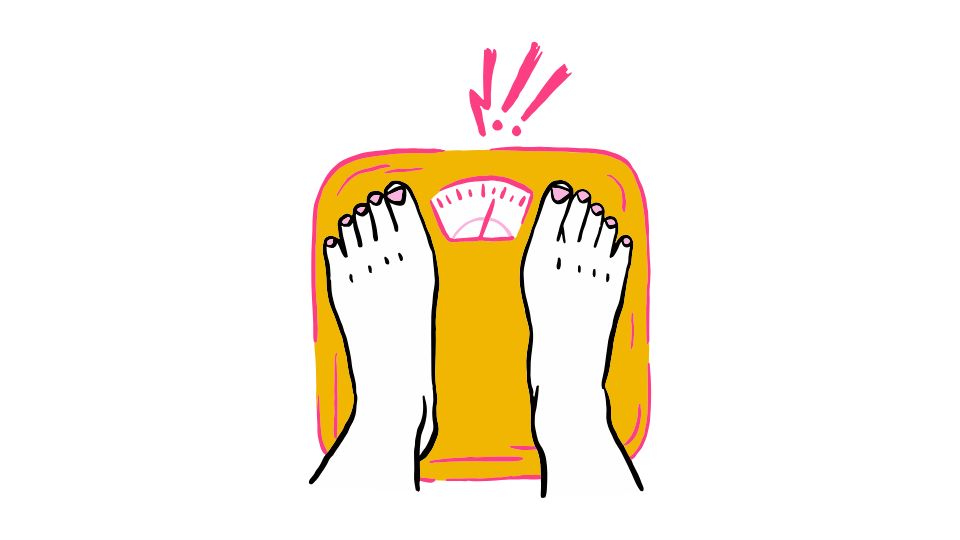
Leave a Reply